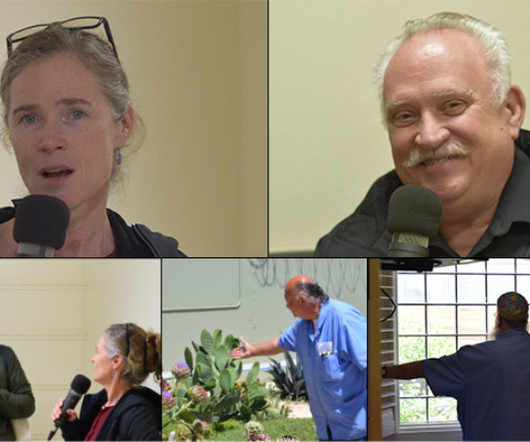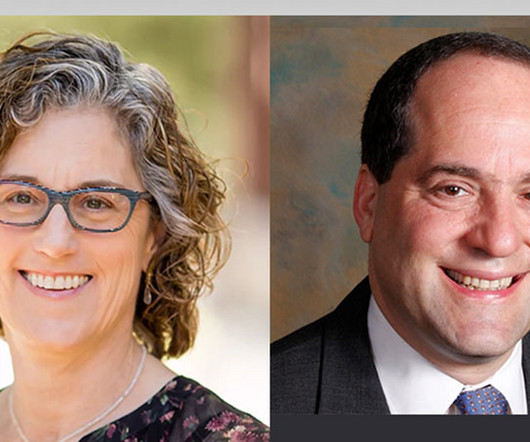Hospice in Prison Part 1: An interview with Michele DiTomas and Keith Knauf
GeriPal
JUNE 22, 2023
Michele: Yeah, so in May of 2018, there was an article by Suleika Jaouad in the New York Times Magazine, and they spent about two weeks in our hospice with us learning about the work that’s done. In many cases, the families were the victims of the crime. There are clinics. Michele: Yeah. We have that. Alex: Mm-hmm.












Let's personalize your content